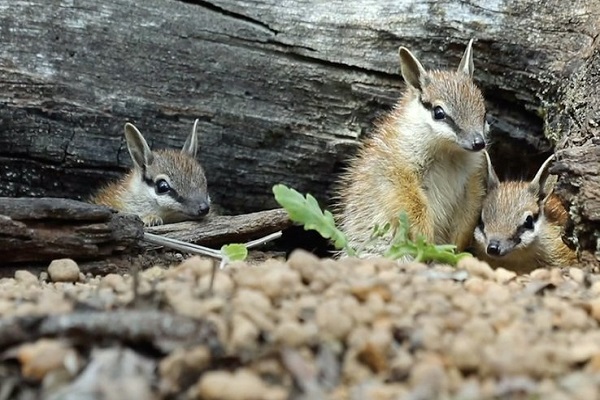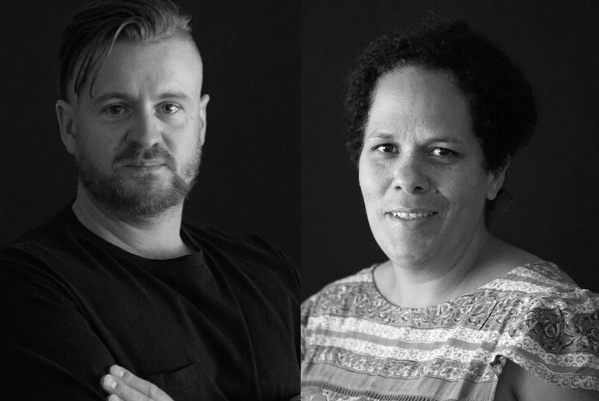Australian documentaries are punching above their weight in terms of influencing audience attitudes and contributing to societal change, according to data from Documentary Australia.
The not-for-profit organisation, which rebranded from the Documentary Australia Foundation earlier this year, today released a new impact report showing more filmmakers are securing funding and wider distribution rights for their projects, which are living on for longer.
Covering 2019-2021, Impact – Our Story indicates Documentary Australia approved a total of 348 films across the three-year period, the subject matter of which spanned the organisation’s key impact areas of environment, youth, Indigenous, human rights/social justice, health and wellbeing, women and girls, and the arts.
More than a third were able to secure some form of distribution, with 17 being released in cinemas, 39 accepted into local and international film festivals, 25 having accompanying educational resources, and 18 being used to raise funds for a cause.
Among them was Maya Newell’s In My Blood It Runs, a film made in collaboration with the Arrernte & Garrwa families and communities in the Northern Territory, which follows the story of 10-year-old Dujuan Hoosan – a child-healer and good hunter who speaks three languages.
According to the report, the film not only reached nearly 500,000 viewers on ABC and ranked among the highest-grossing theatrical documentaries at the Australian box office for the year it was released but also managed to raise $75,000 for immediate COVID-19 relief for Indigenous communities.
Other films Documentary Australia- supported films to have a notable impact include Catherine Scott’s BackTrack Boys, which attracted more than $500,000 in donations to youth organistation Backtrack Youthworks, as well as Jane Hammond’s The Cry of the Forests, an examination of WA’s unique forests and their value in mitigating climate change that was used as part of a successful campaign to stop the government from logging native forests.

Documentary Australia co-founder and CEO Mitzi Goldman said the report reflected the organisation’s commitment to helping filmmakers develop skills in impact strategies.
“Over the last three years we have mapped where the films have been seen and how people have engaged with them,” she said
“We found that many films are continuing to have an impact for years beyond their initial release.”
As part of the impact report, Documentary Australia unveiled three main priorities for the future – designing, activating, and measuring the impact of documentaries; action on climate change through accelerating the reach and impact of environmental documentaries; and supporting diverse voices, especially youth, indigenous, and women with a focus on lived experience and health and wellbeing
Central to its strategy is the Environmental Incubator and Indigenous Fellowship, programs, both of which were started in the 2020/2021 financial year.
So far, 18 films have been supported through the Environmental Incubator, which is designed to nurture strategic impact campaigns and partnerships for films on such topics as climate change. They include Cry of the Forests, documentary web series Voices of the River, youth-led webseries Youth on Strike, and Sally Ingleton’s Wild Things
Documentary Australia is also hoping to place further emphasis on its Centralised Indigenous Fellowship program going forward in order to address the historical under-representation of Indigenous creatives in the screen industry – only 212 of whom have obtained credits as producers and directors since 2010.

Delivered in partnership with Screen Territory, the South Australian Film Corporation, NITV and AFTRS Indigenous, the initiative has so far welcomed two fellows in Tamara Whyte and Josh Trevorrow.
Another focus for the organisation in 2022 is female filmmakers, which are supported through its SheDoc program. Launched in 2016 in partnership with Create NSW and RØDE Microphones, SheDoc has so far assisted six female documentary filmmakers with up to $20,000 in funding.
Goldman said the Documentary Australia had built an “incredibly vibrant, generous and multi-generational community” to champion effective storytelling.
“Telling a great story and getting it seen by the right audience is one of the most effective things you can do to drive change, and that is central to our purpose,” she said.
“We are living in times when ‘truth’ struggles to be believed, but real people with honesty and vulnerability offer an authentic voice in films.
“We relate and embrace them, and their stories connect us to the issues that would otherwise alienate us. This lies at the heart of Documentary Australia.”


